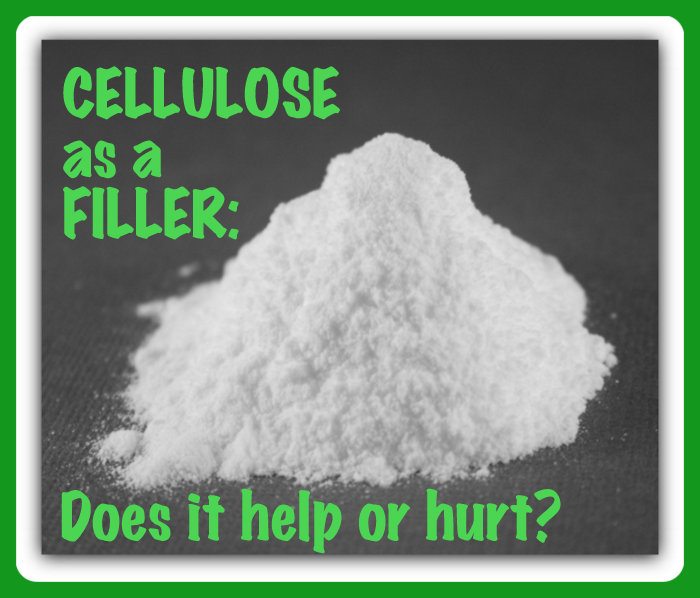Are we running out of desiccated thyroid powder???
And now that I have your attention, here’s the answer straight from the mouth of Kenny Soejoto, Chief Operating Officer of the only North American maker of desiccated porcine natural thyroid powder (American Laboratories): a firm NO!
“We have amply supply and so do the distributors for compounding pharmacists”, underscores Soejoto when I chatted with him today.
He also added in response to the recent shortages: “We didn’t spare an expense to push it along”. i.e “American Laboratories have caught up with all backorders, with the exception of one major company which has tight specifications, but they should be caught up by the first quarter in 2010”, explained Soejoto.
So what about specific rumors we keep hearing??
- My compounding pharmacy said they weren’t able to get it. Kenny explained that a small compounding pharmacy often can’t afford the minimum order that American Laboratories requires, nor does the smaller pharmacy want that much, which is an 110 lb drum of powder. So, says Soejoto, they need to contact their distributor, who is the middle man between a compounding pharmacy and American Laboratories. “The distributor for compounding pharmacies, “ explained Kenny, “will buy the larger amounts, make smaller packets, and then sell those to the compounding pharmacies”.
- American Laboratories can’t be the only North American makers of powdered thyroid because my compounder told me a different name. The different name you heard is the middle man mentioned above–a distributor for the thyroid powder to the compounding pharmacy. But that distributor got their supply from American Laboratories.
- My regular pharmacy said there is a supply issue for the brand I wanted. Again, Kenny explains there is no supply issue–they have plenty. Any pharmaceutical company that makes desiccated thyroid has to have ongoing credit worthiness and documentation before AI can sell to them. Also, we are simply experiencing continued demand being greater than supply, and it can take time to catch up. i.e. there may be more to the story than you hear under any comment about a supply issue problem.
In conclusion, Kenny Soejoto said they simply got into trouble from the growth of interest in desiccated thyroid the past few years, and they are much better prepared. Even Europe is inquiring more about it, he said. And my response to him?? Get ready, because you are doing millions of potential thyroid patients a HUGE favor by making it, and we’re going to continue to spread the world about natural desiccated thyroid. 🙂
Check out posts below about other important issues, including more from Erfa, plus the problem of cellulose in compounded and regular desiccated thyroid.
*HO HO HO! Have a STTM book sent to someone you care about as a CHRISTMAS or HOLIDAY present. A card will be included, and the book will be in an envelope with a red bow!! Save money the more you buy!

